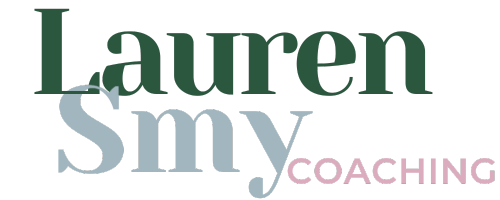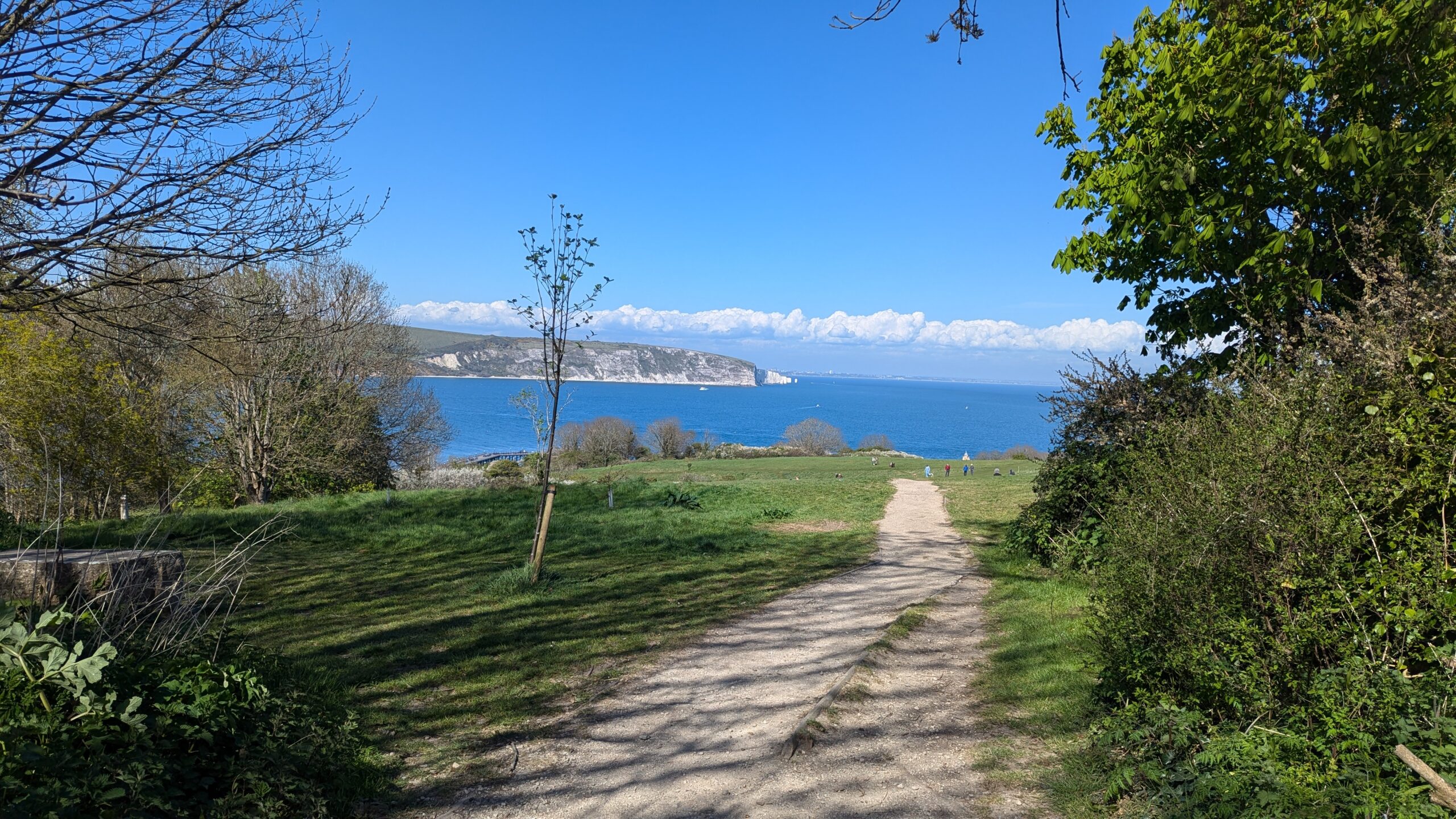October is ADHD Awareness Month 🧡 and today is World Mental Health Day 💛 – two things that are deeply connected for me.
I’ve been reflecting on my own mental health over the years, and how much of it finally made sense once I understood ADHD. The diagnosis didn’t erase the hard parts, but it changed how I see them – and how I see myself.
It feels like the right day to share my story.
A happy childhood – and the clues I missed
I had a really happy, supported childhood. I was loved, cared for, and encouraged by both my parents, and I’m so grateful for that. Looking back, I think that support is one of the reasons my ADHD wasn’t picked up. I wasn’t “struggling” in the way people usually imagine – I did well at school, I didn’t get in trouble for losing or forgetting things (thanks to my parents), and I didn’t really stand out as having difficulties.
But through the lens of mental health as I understand it now, I can see I was probably an anxious child. I felt things deeply, worried a lot, and never quite felt like I fitted in. I had friends, but socially I always felt slightly on the edge – like I was playing a part everyone else understood but I didn’t.
When I passed my 11+, I moved to a grammar school where I only knew one other girl, and it didn’t bother me. I was ready for a fresh start. But that’s also where I was bullied and spent a few years feeling lost and unsure of myself, moving between friendship groups until sixth form, when things finally started to settle. That’s where I met the friends I’m still close to now – a reminder that life can get easier when we grow into ourselves a bit.
Early adulthood – resilience without understanding
At university, life threw its first big curveball when my mum was diagnosed with breast cancer. I was incredibly close to her, and it was a scary, confusing time. I went to the doctor and was prescribed antidepressants, but after one night of taking them and feeling completely knocked out, I didn’t take them again. What I really needed was someone to talk to – not medication. (Although for the record I am very much in favour of medication in the appropriate circumstances and there should be no shame around it).
Despite that, I managed. I travelled round the world, started working in Canary Wharf, moved in with my cousin, and met the man who would become my husband. From the outside, it all looked good. Inside, I was holding a lot together – but I didn’t recognise that as anxiety or emotional overwhelm. I just thought that’s what “being a grown-up” felt like.
My thirties – the decade of grief and overwhelm
My thirties were when everything came to a head.
My mum’s cancer returned in 2011, around my thirtieth birthday. Within months, everything changed. I was teaching full time (a new career trajectory!), planning my wedding, and spending every spare moment at the hospital. When we realised Mum wouldn’t make it to our planned wedding in July, I pulled together a new one in three weeks. She was there, and it was beautiful – but she passed away less than three weeks later.
I don’t think I ever really processed any of it. I just carried on. That’s what we’re taught to do, isn’t it? To keep going, be grateful, stay strong.
A year later, we started IVF. It was successful, but bittersweet. I was desperate for my mum to be there, to share the joy and the chaos of becoming a Nan. Instead, she was gone, and I felt her absence in everything.
The boys were born in 2013, and ten months later, my brother (who was only eleven months younger than me and such a big part of my life) died suddenly. I was a new mum, grieving both my mum and my brother, and trying to keep two tiny humans alive. Everyone expected me to find it hard, and I did. But underneath the understandable grief was something more – a level of emotional exhaustion and overwhelm that I couldn’t name at the time.
I often looked around at other new mums who seemed to be enjoying motherhood – tired, yes, but content – and wondered why I couldn’t feel that. I loved my babies deeply, but everything felt so hard. I now know that what I was experiencing wasn’t just grief or “new mum exhaustion.” It was undiagnosed ADHD, amplifying everything.
The years that followed – functioning on fumes
As life moved on, I adjusted, but the sense of constant overwhelm never really left. I remember one birthday, sitting across from my husband in a restaurant, crying because I was so tired and mentally drained. He gently said, “You need to speak to someone.” I knew he was right, but I couldn’t face it. I didn’t know who to call, what to say, or how to find the energy to start.
Eventually, I did see my GP and was told I probably had Generalised Anxiety Disorder. I was given a self-led CBT course online – but with no support, I couldn’t make it work. I didn’t know then that my struggles with follow-through, organisation, and executive function were part of ADHD. I just thought I was failing.
Finally, clarity
It wasn’t until lockdown that everything started to make sense. One of my twins was struggling emotionally, and once we sought support for him, he was diagnosed with ADHD. That process led to my own diagnosis, and suddenly everything fell into place.
So much made sense – the anxiety, the emotional intensity, the constant overwhelm, the feeling that I was always working twice as hard just to keep up.
ADHD didn’t cause all my challenges – grief, motherhood, and life itself have all played their part – but it was the thread running through everything.
Where I am now
These days, I still have moments of overwhelm and forgetfulness, but I meet them with much more self-compassion. I understand why I am the way I am. I know that my sensitivity, intensity, and emotional depth are part of what make me a caring mother, a thoughtful coach, and a resilient human being.
Getting diagnosed didn’t fix everything – but it gave me the language to understand myself and the permission to be kinder to myself.
If I’d known 15 years ago, I think life would have felt different. Not easier, necessarily, but less confusing. I would have known it wasn’t just me – that I wasn’t broken or failing.
That’s why I share my story now. Because awareness matters. Understanding matters.
And compassion – for ourselves and for others – matters most of all.
🧡 I’ll be honest – sharing this feels a little scary. I’ve never written something quite this personal before.
But I also know how powerful it can be when we speak honestly about our mental health.
If my story helps even one person feel a little less alone, or encourages them to seek understanding and compassion for themselves, then it’s worth it. 💛

